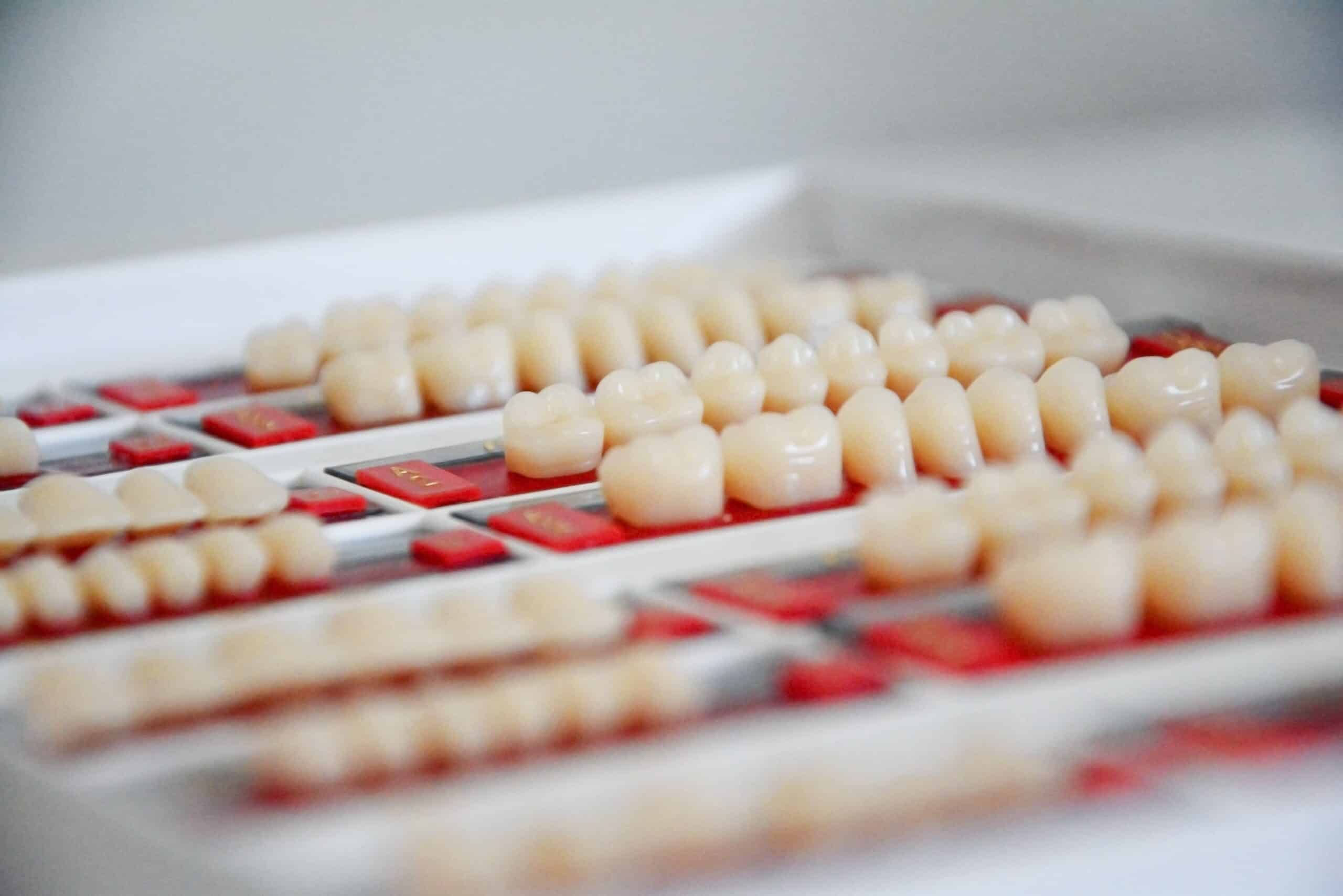Can Dental Crowns Withstand Biting and Chewing Pressure?
Dental crowns are a common solution for restoring damaged teeth, but many people wonder if they can truly withstand the pressures of everyday biting and chewing. If you’ve ever had a dental crown or are considering one, you’re in the right place. In this comprehensive guide, we will delve into the fascinating world of dental […]


